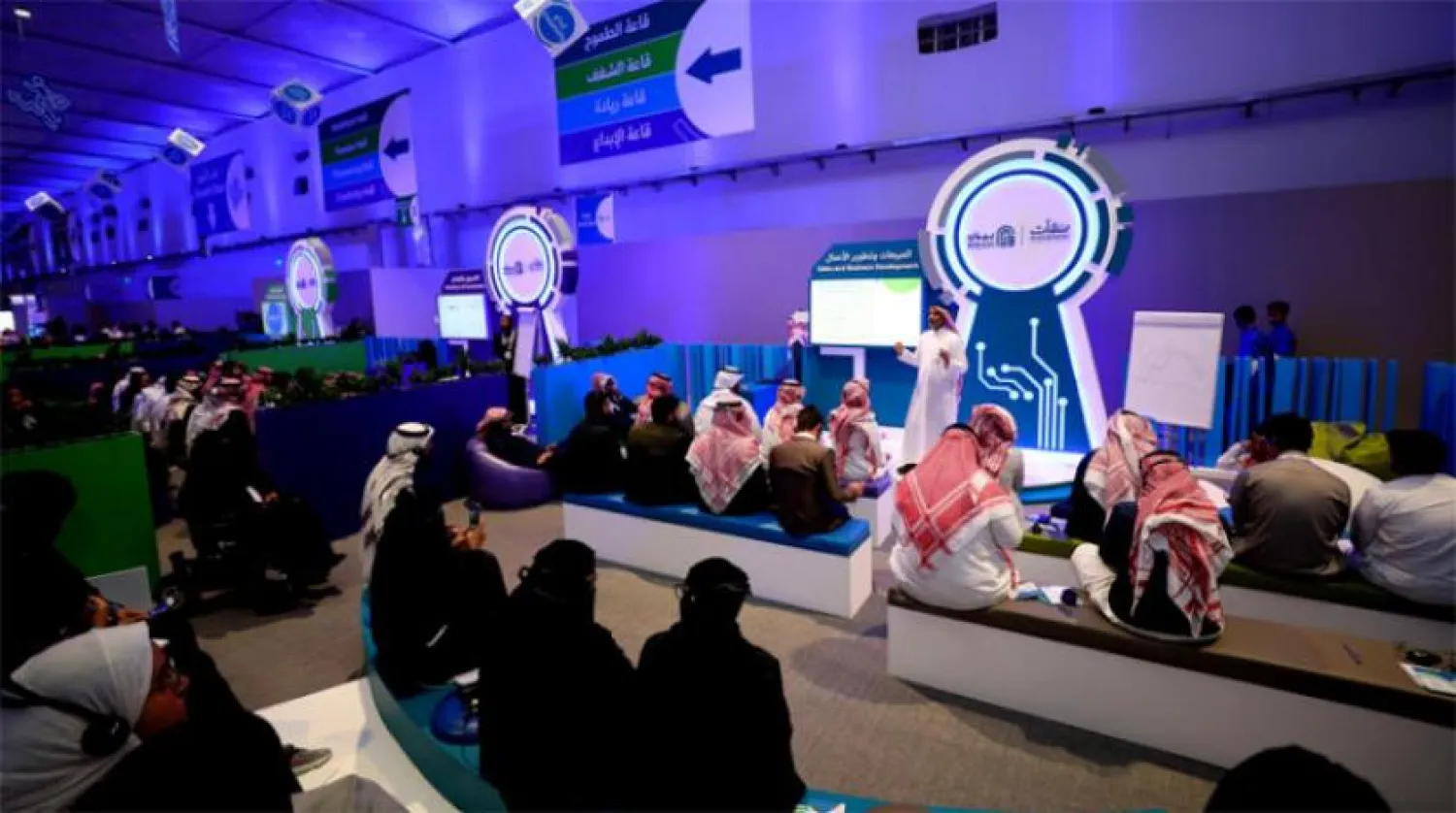The Biban Forum in Riyadh succeeded in mobilizing 36 finance entities amid the presence of business incubators and the participation of 120 companies operating in the framework of stimulating the development of the SME sector.
Biban aims to encourage new enterprises and entrepreneurs to launch projects and establish themselves in the market by examining the tools and ideas needed to find and attract investors.
It is organized in collaboration with Monshaat, the Kingdom’s Small and Medium Enterprises (SME) General Authority, which aims to support and develop the sector.
Biban Forum concluded on Sunday with the participation of four incubators and business accelerators that provide services to support the establishment and development of Saudi entrepreneurial projects.
They also offer intensive programs to accelerate the growth and expansion of entrepreneurial and emerging companies during a period ranging between three to six months by providing work spaces and services.
During the forum, 36 financing agencies from the public and private sectors provided services to visitors with the aim of diversifying financial support for small and medium enterprises and setting policies and standards for financing projects that are classified as SME.
They also want to activate the role of banks and lenders to motivate them into playing a bigger and more effective role in financing and investing in SMEs.
The finance companies participating in the indirect lending initiative provided their services by offering low-cost loans to finance companies licensed by the Saudi Arabian Monetary Agency (SAMA).
SAMA provides financing solutions and loans with competitive advantages for small and medium enterprises and entrepreneurs.
Meanwhile, 120 Saudi and Gulf companies presented their experiences in entrepreneurship aiming to create a stimulating environment for the forum’s visitors and project owners and spread the culture of entrepreneurship and innovation while highlighting the achievements of Saudi and Gulf business leaders.
The startups competed among themselves to attract the largest number of visitors to showcase their experiences.
One Saudi startup reviewed its experiences in the field of employment indicating that it started eight months ago collecting data on those interested in part time and seasonal jobs, above the age of 17. The company wants to develop the applicant's skills, prepare their early entrance to the market, and reduce operational burdens of companies.
Over 15,000 subscribers and more than 300 companies joined the company’s site offering job opportunities available to them.









